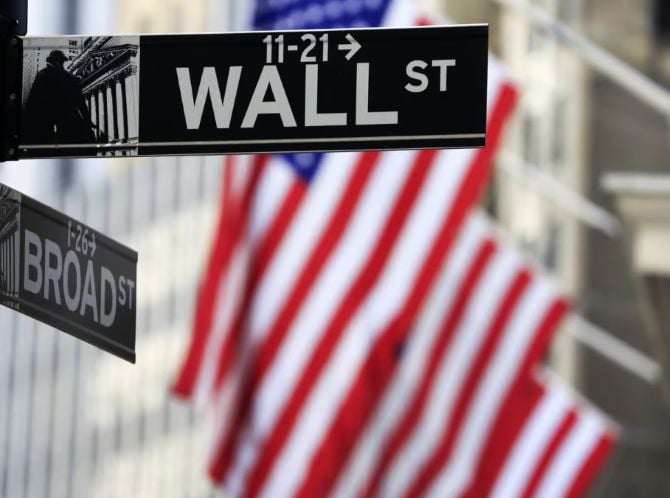
Illustration photo.
Emergency chaos in Silicon Valley
Within hours of the order’s release, a wave of anxiety quickly spread from major US tech companies to international airline cabins. Though the rules have yet to be rolled out in detail, they have thrown tens of thousands of highly skilled workers, mostly from India and China, into disarray.
According to CNBC, as soon as President Trump signed an executive order imposing a $100,000 fee on each new H-1B visa application, Silicon Valley and Wall Street immediately became a "battlefield". Over the weekend, major technology offices and online meetings of many companies were engulfed in panic. This regulation is not only a legal change but also a direct shock to the recruitment platform of American companies, which have been dependent on foreign human resources for many years.
On the night of September 19, 2025, the human resources and legal departments of major companies such as Microsoft, Amazon, Google, Meta, JPMorgan and Goldman Sachs had to continuously issue urgent warnings. “Stay in the US and avoid all international travel”, causing extreme fear in the H-1B worker community.
Those living in the US are advised not to leave the country, while those working abroad are required to book emergency tickets and return before 0:01 on September 21 to avoid risks. Many passengers holding H-1B visas did not dare to leave the US, hurriedly got off the plane, leaving their luggage in the cargo hold.
Immigration law firms were inundated with calls from both corporate and individual clients, all wondering how the rule would work. It wasn’t until the weekend that the White House clarified that the higher fee would only apply to new visa applications, not renewals or travel by existing visa holders. The fee, 60 times the current fee, would apply to any new H-1B visa applications filed after September 21.
A heavy blow to Big Tech and startups
Major tech companies rely heavily on H-1B visas to hire engineers, scientists , and programmers from abroad, especially India. Amazon is the most worried, with more than 14,000 foreign employees on H-1B visas. In the first half of 2025, Amazon approved more than 10,000 H-1B visas, while Microsoft and Meta Platforms each approved more than 5,000 visas.
While large companies like Microsoft and Google can afford it, the $100,000 fee is still a significant cost of doing business. For startups and small and medium-sized businesses, on the other hand, it is a huge burden that could stifle their growth. Many venture capitalists have argued that no fledgling company can afford such a high tax, which threatens to undermine the US startup ecosystem, a key driver of innovation.
Experts warn that the new fee could slow California’s growth and the US’s position in the AI race by making it harder for companies to recruit international workers. The H-1B program plays a vital role in recruiting skilled workers, especially as competition for the world’s top talent has intensified since OpenAI’s ChatGPT went public.
Economic consequences and strategic change
Economists warn that the decision to increase H-1B visa fees could hurt US economic growth. Atakan Bakiskan, an economist at Berenberg bank, called it an example of “anti-growth planning,” warning that the brain drain would severely impact productivity because the US is not producing enough workers with the necessary skills such as computer scientists and engineers.
One of the most worrying consequences is the possibility that companies will move jobs out of the US. As recruiting foreign talent becomes too costly and complicated, companies may increase their investments in overseas offices, such as in Vancouver or Mexico City, where immigration policies are more open. Steven Hall, President and Chief AI Officer of ISG, said that time zone proximity will promote Global Competence Centers (GCCs) and resources in Canada, Mexico and Latin America.
Trump's move also poses a major challenge to India's $283 billion IT industry, the country that has benefited the most from H-1B visas (accounting for 71% of visas issued last year). India has strongly opposed the new fees, warning that they will have "humanitarian consequences." Shares of Infosys and Tata Consulting Services, two large Indian tech companies that use the H-1B program to bring thousands of workers to the US, fell about 3% on the news.
The Trump administration has argued that the H-1B is being "abused" to depress American wages. White House spokesman Taylor Rogers said the move is intended to "prevent companies from disrupting the system and driving down American wages."
However, tech experts say the policy will force companies to become much more selective, reserving H-1B applications for only the most important business positions.
Legal outlook and uncertain future
Immigration lawyers' associations have planned to sue to block the order, arguing that the White House has no clear legal basis to impose such a huge fee. Many lawyers expect several lawsuits to be filed within the week.
Policy uncertainty is forcing Silicon Valley to rethink its long-term staffing strategy. Ray Wang, founder of Constellation Research, predicts Trump’s move will lead to more GCCs in India, more local hiring in the US, less outsourcing, fewer H-1B visas and less job mobility.
Some Indian venture capitalists and research institutes even see a silver lining in the uncertainty surrounding H-1B regulations, which could encourage talented engineers to return home to build startups, boosting India's tech sector and creating more competition for US companies.
In a world of fierce competition in artificial intelligence and high tech, uncertainty about immigration policy could become a fatal flaw for the US. CEO Adam Kovacevich said the rollout of the new changes was “extremely chaotic” and “You never know what the final policy will be in a Trump world.”
Source: https://doanhnghiepvn.vn/doanh-nhan/gioi-cong-nghe-thung-lung-silicon-chan-dong-voi-sac-lenh-h-1b-cua-tong-thong-trump/20250923034307067


![[Photo] Cutting hills to make way for people to travel on route 14E that suffered landslides](https://vphoto.vietnam.vn/thumb/1200x675/vietnam/resource/IMAGE/2025/11/08/1762599969318_ndo_br_thiet-ke-chua-co-ten-2025-11-08t154639923-png.webp)







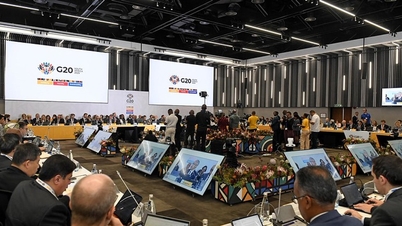

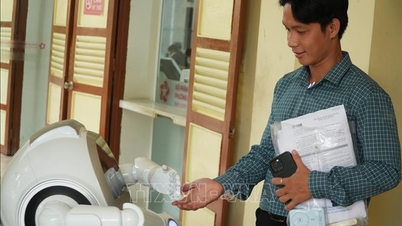



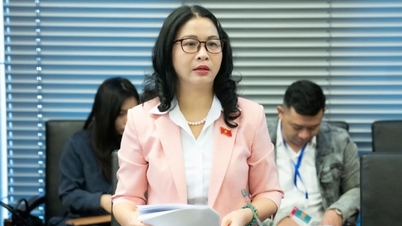
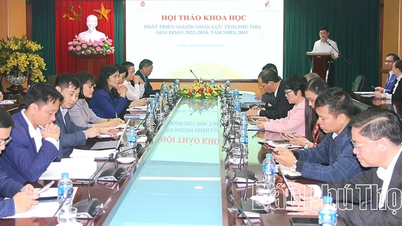



![Businesses creating a green future: [Part 1] Carbon-neutral flagships](https://vphoto.vietnam.vn/thumb/402x226/vietnam/resource/IMAGE/2025/11/09/1762651276876_5429-th-27-nongnghiep-125419.jpeg)


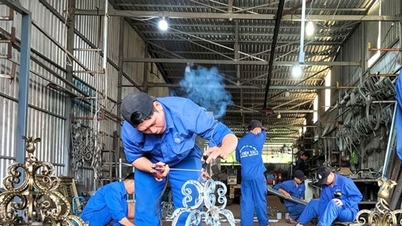










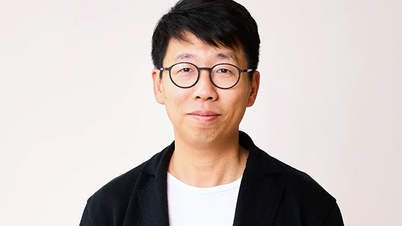

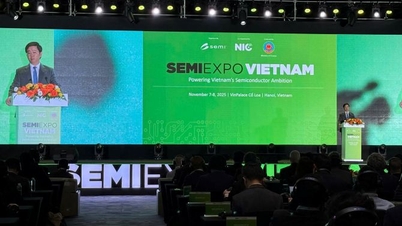










![[Video] Hue Monuments reopen to welcome visitors](https://vphoto.vietnam.vn/thumb/402x226/vietnam/resource/IMAGE/2025/11/05/1762301089171_dung01-05-43-09still013-jpg.webp)































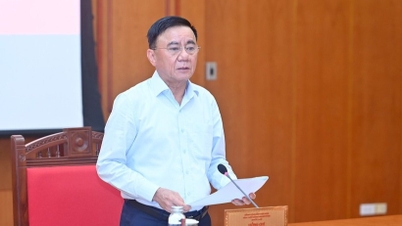




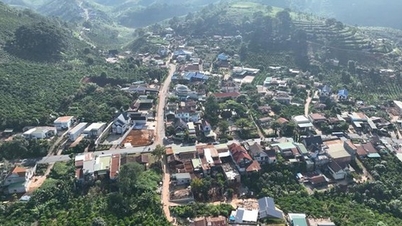
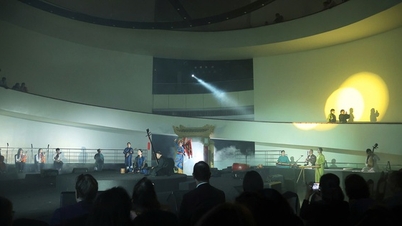
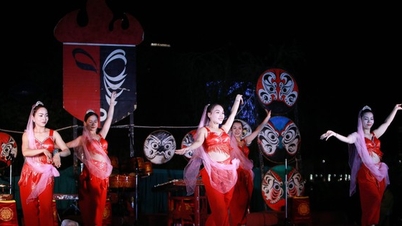










![Dong Nai OCOP transition: [Part 2] Opening new distribution channel](https://vphoto.vietnam.vn/thumb/402x226/vietnam/resource/IMAGE/2025/11/09/1762655780766_4613-anh-1_20240803100041-nongnghiep-154608.jpeg)












Comment (0)